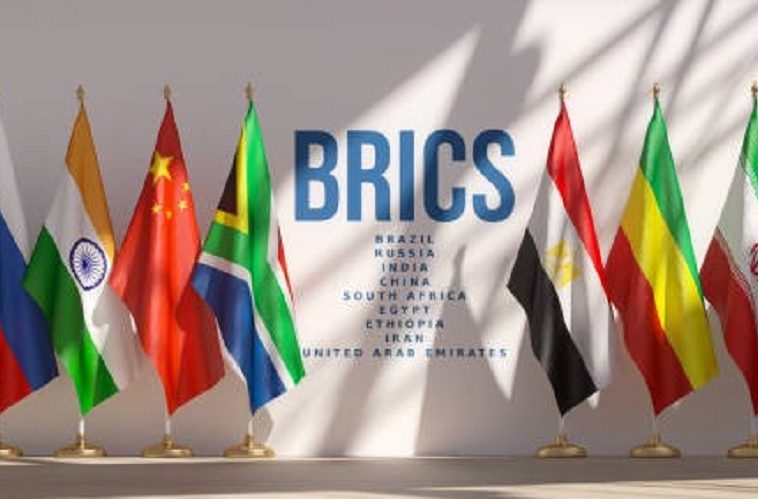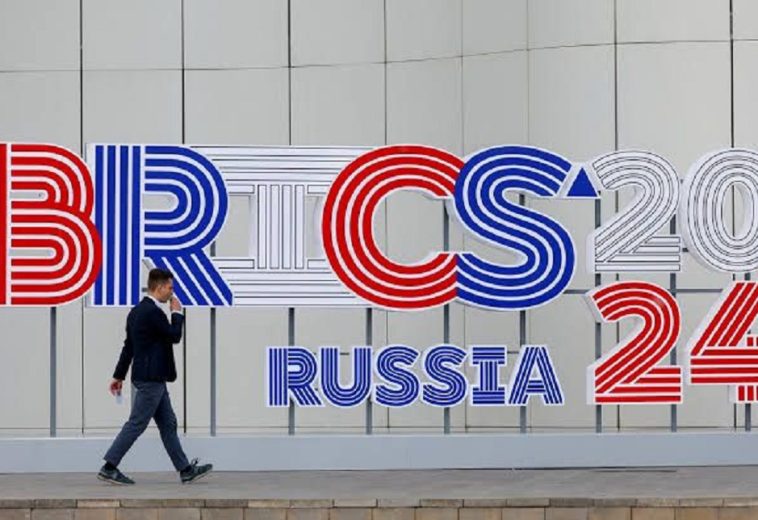Africa plays a pivotal role in addressing global challenges, particularly those related to security and trade. Its strategic geographical location makes it essential in global sea and trade routes, while its abundant human and natural resources position it as a key player in international affairs. As a result, Africa has become increasingly involved in issues that directly or indirectly affect the continent.
Africa is home to diverse cultures and traditions, which transcend national borders and have been both unifying and divisive forces. Despite significant efforts towards Pan-Africanism, external challenges have often hindered this unity, leading to security crises and economic disadvantages.
For example, Africa has borne the brunt of climate change more than any other continent, despite contributing the least to global emissions. The continent has faced worsening droughts, floods, and food insecurity, which have left millions vulnerable. In response, African countries have become vocal advocates for climate justice on the global stage. Nations like Kenya, Rwanda, and Morocco are at the forefront of renewable energy efforts, especially in solar and wind technology. Kenya, for instance, generates more than 70% of its energy from renewable sources, positioning itself as a leader in clean energy.
Additionally, Africa’s Great Green Wall initiative aims to restore 100 million hectares of degraded land across the Sahel by 2030, tackling environmental challenges in a way that promotes both sustainability and development. The African Union’s Agenda 2063 underscores a sustainable development model focused on green energy and environmental protection. This has led to initiatives such as the African Climate Summit, first held in Nairobi in 2023, to shape global climate narratives and amplify Africa’s contributions to the fight against climate change.
On the security front, Africa has long been neglected in global geopolitics, and as a result, the continent has suffered the consequences of wars and conflicts elsewhere. For instance, the continent has experienced the fallout from instability in the Middle East. Insurgents fleeing conflicts in the region have migrated to Africa, perpetuating cycles of terror and insecurity. Uncontrolled arms, recycled from conflicts in the Middle East and Europe, have also found their way into Africa, exacerbating the rise of insecurity.
In response, African nations have called for a more active role in global security, particularly within the United Nations Security Council (UNSC), to safeguard the continent’s interests and promote peace. At the recent UN General Assembly, UN Secretary-General António Guterres emphasised the importance of Africa’s involvement in the UNSC, recognising its crucial role in global peace and security. Through initiatives such as the “Silencing the Guns” campaign, Africa has strengthened its collaboration with the UN, particularly in curbing the influx of weapons from conflict regions like the Middle East and Europe, in light of conflicts such as the Israel-Palestine and Ukraine-Russia wars.
In addition to strengthening security ties, African nations have diversified their diplomatic and trade relationships, reflecting the continent’s non-alignment policy. While maintaining relations with Western countries, African leaders are forging partnerships with other global actors to reduce over-reliance on any single partner and avoid the pitfalls of debt dependency.
The COVID-19 pandemic and the Russia-Ukraine war have further exposed Africa’s vulnerabilities in global trade, contributing to food insecurity and economic disruption. In response to these global inequalities, the African Continental Free Trade Area (AfCFTA) was launched in 2021. As the world’s largest free trade zone, AfCFTA aims to reduce tariffs and other barriers to trade within Africa, fostering intra-African trade and reducing dependency on foreign aid. By encouraging value addition to raw materials and promoting industrialisation, AfCFTA represents a crucial step towards economic resilience.
Countries such as Ethiopia and Rwanda are capitalising on this momentum to drive manufacturing and technological innovation. The growth of start-up ecosystems in cities like Lagos, Nairobi, and Cape Town is creating new opportunities for job creation and digital transformation, positioning Africa as a global leader in areas such as financial inclusion and healthcare innovation through fintech and telemedicine.
Africa’s approach to global issues demonstrates a continent that is increasingly proactive in shaping international discourse. African nations are embracing multilateralism, fostering regional cooperation, and harnessing their vast potential for innovation to address global challenges. As Africa continues to focus on collaboration, sustainable development, and empowering its people, its role on the global stage will only grow. The world is beginning to recognise that Africa is not merely affected by global issues, but is a vital part of their solution.




